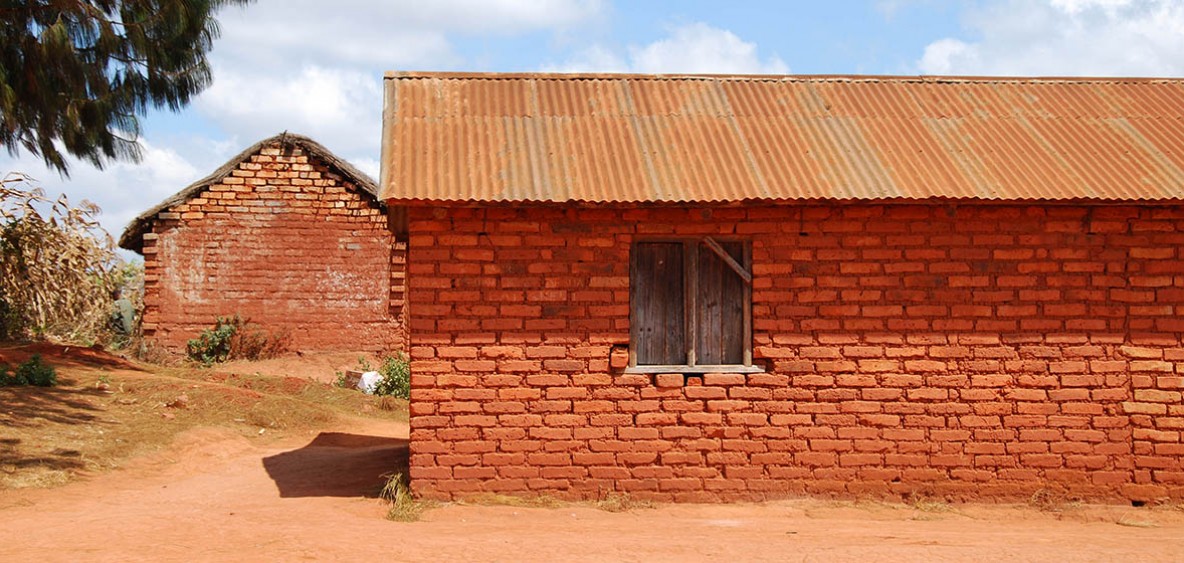
The results of a baseline household survey conducted in central Tanzania using the Multidimensional Poverty Assessment Tool reveal significant opportunities to scale up climate-smart agriculture in the country.
According to the results of a recent Multidimensional Poverty Assessment Tool (MPAT) survey conducted by the RFS project team, only 6% of central Tanzanian households have adopted climate-smart agricultural practices, and the majority still depend on rain-fed agriculture.
It’s a startlingly low percentage, considering that agriculture accounts for the livelihoods of around 80% of the country’s population, and productive land is becoming increasingly scarce.
In recent years, there has been a decline in agricultural production in the semi-arid region of central Tanzania triggered by drought and climate change. Fundamental weaknesses in the agricultural sector have prevented a general reduction in rural poverty and inequality, leaving many smallholder farmers trapped in poverty. In particular, these include land degradation, compounded by unsustainable and unproductive agricultural practices, as well as a lack of secure access to land, credit, high quality agricultural inputs, and markets.
This steady decline of productive land has left smallholder farmers with few options for viable livelihoods and threatens food security in vulnerable communities.
Reversing these trends requires a transformation in the way communities restore and manage the collective use of natural resources. It means tackling the drivers of land degradation and over-exploitation of natural resources, while providing smallholder farmers with the skills and tools necessary to adopt more sustainable agricultural practices.
With this in mind, the RFS Tanzania project supports farmers in 22 villages located in the Kondoa, Mkalama, Nzega and Magu areas in mainland Tanzania and the Micheweni area in Zanzibar (Pemba Island). The project focuses on building the capacity of customary, village and district institutions in natural resource management and joint village land-use planning; as well as supporting the sustainability of ecosystem services and food and nutrition security.
Key to the monitoring and assessment of the project was gaining a more in-depth understanding of how climate change and the weaknesses in the agricultural sector are impacting households on the ground.
The country project team carried out a baseline survey using the Multidimensional Poverty Assessment Tool (MPAT). The purpose of the survey is to provide baseline measurements of human wellbeing and land and water practices at a household level in rural communities. The MPAT provides data that can inform all levels of decision-making and can significantly strengthen the planning, design, monitoring and evaluation of a project, thereby contributing to improvements in household wellbeing.
The survey was conducted in 28 villages in the Nzega, Magu, Mkalama, Kondoa and Micheweni districts. 850 households were interviewed to collect data on a broad range of focus areas including food and nutrition security, education, farming practices, occupations, access to clean water, and farm and non-farm assets.
The key findings from the survey reinforce the project’s broad-based understanding of the challenges facing the country as a whole. Issues with land tenure and access continue to limit agricultural production: 84% of households have access to land; however, the majority do not have legal ownership, with 79% relying on traditional law. Most households have very low access to finance – just 6% are able to get loans from financial institutions. Furthermore, over three quarters of households are involved in crop farming and livestock keeping, yet 95% of households have just one harvest cycle per year.
Despite the fact that about half of the surveyed households considered drought as the most worrying negative event that might occur within the next 12 months, only 5.9% have adopted climate-smart agriculture practices and the majority still depend on rain-fed agriculture. Almost all households (96.2%) did not have water for agriculture during the dry season and over half 57.8% did not have enough water for the rest of the year.
These results revealed significant opportunities to scale up climate-smart agriculture in the region and will continue to inform the RFS project design and implementation. Capacity development training for smallholder farmers through Farmer Field Schools is teaching farmers better agricultural practices and providing them with quality inputs and tools. By developing management and leadership capacities through targeted training of Master Trainers, the RFS Tanzania project has produced leaders within smallholder communities. The identification of context-relevant sustainable land and water management practices for each community, when combined with ‘learning by doing’ approaches in the field, ensures higher adoption rates, greater impact and improved resilience to climate change and sustainability of outcomes beyond the project lifespan.
Subscribe to our monthly newsletter to receive updates on stories directly from the field across all our projects, upcoming events, new resources, and more.